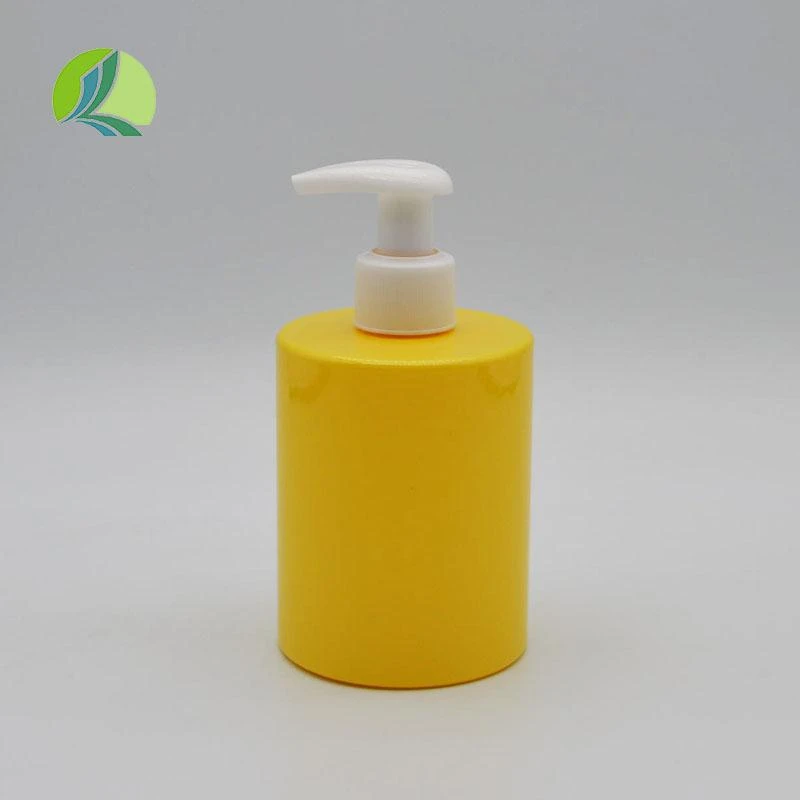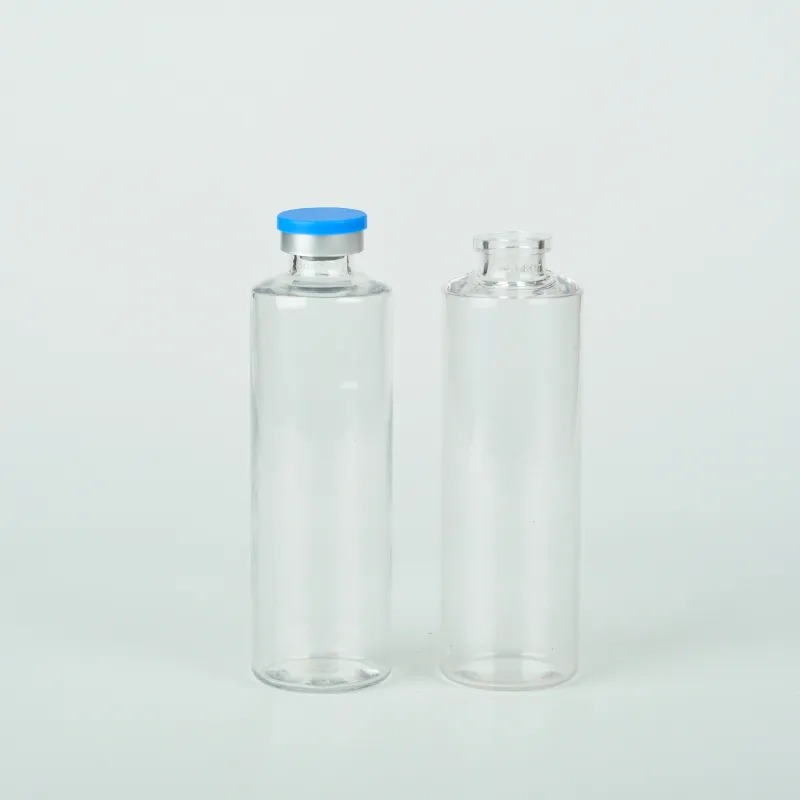
-
 Afrikaans
Afrikaans -
 Albanian
Albanian -
 Amharic
Amharic -
 Arabic
Arabic -
 Armenian
Armenian -
 Azerbaijani
Azerbaijani -
 Basque
Basque -
 Belarusian
Belarusian -
 Bengali
Bengali -
 Bosnian
Bosnian -
 Bulgarian
Bulgarian -
 Catalan
Catalan -
 Cebuano
Cebuano -
 Corsican
Corsican -
 Croatian
Croatian -
 Czech
Czech -
 Danish
Danish -
 Dutch
Dutch -
 English
English -
 Esperanto
Esperanto -
 Estonian
Estonian -
 Finnish
Finnish -
 French
French -
 Frisian
Frisian -
 Galician
Galician -
 Georgian
Georgian -
 German
German -
 Greek
Greek -
 Gujarati
Gujarati -
 Haitian Creole
Haitian Creole -
 hausa
hausa -
 hawaiian
hawaiian -
 Hebrew
Hebrew -
 Hindi
Hindi -
 Miao
Miao -
 Hungarian
Hungarian -
 Icelandic
Icelandic -
 igbo
igbo -
 Indonesian
Indonesian -
 irish
irish -
 Italian
Italian -
 Japanese
Japanese -
 Javanese
Javanese -
 Kannada
Kannada -
 kazakh
kazakh -
 Khmer
Khmer -
 Rwandese
Rwandese -
 Korean
Korean -
 Kurdish
Kurdish -
 Kyrgyz
Kyrgyz -
 Lao
Lao -
 Latin
Latin -
 Latvian
Latvian -
 Lithuanian
Lithuanian -
 Luxembourgish
Luxembourgish -
 Macedonian
Macedonian -
 Malgashi
Malgashi -
 Malay
Malay -
 Malayalam
Malayalam -
 Maltese
Maltese -
 Maori
Maori -
 Marathi
Marathi -
 Mongolian
Mongolian -
 Myanmar
Myanmar -
 Nepali
Nepali -
 Norwegian
Norwegian -
 Norwegian
Norwegian -
 Occitan
Occitan -
 Pashto
Pashto -
 Persian
Persian -
 Polish
Polish -
 Portuguese
Portuguese -
 Punjabi
Punjabi -
 Romanian
Romanian -
 Russian
Russian -
 Samoan
Samoan -
 Scottish Gaelic
Scottish Gaelic -
 Serbian
Serbian -
 Sesotho
Sesotho -
 Shona
Shona -
 Sindhi
Sindhi -
 Sinhala
Sinhala -
 Slovak
Slovak -
 Slovenian
Slovenian -
 Somali
Somali -
 Spanish
Spanish -
 Sundanese
Sundanese -
 Swahili
Swahili -
 Swedish
Swedish -
 Tagalog
Tagalog -
 Tajik
Tajik -
 Tamil
Tamil -
 Tatar
Tatar -
 Telugu
Telugu -
 Thai
Thai -
 Turkish
Turkish -
 Turkmen
Turkmen -
 Ukrainian
Ukrainian -
 Urdu
Urdu -
 Uighur
Uighur -
 Uzbek
Uzbek -
 Vietnamese
Vietnamese -
 Welsh
Welsh -
 Bantu
Bantu -
 Yiddish
Yiddish -
 Yoruba
Yoruba -
 Zulu
Zulu
يناير . 17, 2025 05:10
Back to list
Sterile Vaccine Vial Plastic Liquid Vial For Medical Purposes
Navigating the world of bottle medicine can seem overwhelming, but understanding the intricacies of this essential aspect of healthcare can provide you with the confidence to make informed decisions. Bottle medicine refers to pharmaceutical substances packaged in liquid form, typically in bottles, and used for a variety of therapeutic purposes. This form of medication is often preferred for its ease of use, especially among children and the elderly, who may struggle with swallowing pills.
Trustworthiness in the context of bottle medicine is built on consumer education and transparency. A trustworthy product will have clear labeling that includes ingredients, usage instructions, expiration dates, and warnings about potential allergens or interactions with other medications. As a patient, ensuring that all your medications come from trustworthy sources with transparent practices is paramount. This trust is foundational not just for efficacy, but also for ensuring safety and minimizing risks associated with counterfeit or improperly handled medications. To optimize the use of bottle medicine, proper storage and handling are critical. Most liquid medications should be stored at room temperature, away from direct sunlight or moisture, which could compromise their effectiveness. Always ensure that bottles are tightly sealed after each use to prevent contamination and spoilage. This attention to detail will extend the life and efficacy of your medication, providing you with the maximum therapeutic benefit. Innovations in bottle medicine are continually evolving. Recent advancements include the development of child-proof packaging and the use of eco-friendly materials to minimize environmental impact. Additionally, the incorporation of technologies such as QR codes on the packaging can offer users easy access to detailed product information, enhancing both the education and engagement of consumers. In conclusion, bottle medicine remains a critical and convenient option in healthcare. Its success is rooted in the experience, expertise, and authoritative backing of dedicated healthcare professionals and pharmaceutical experts. By choosing and utilizing bottle medicine with trust and informed understanding, consumers can effectively manage their health with confidence. This holistic approach ensures that the benefits of bottle medicine are maximized, ultimately leading to improved health outcomes and quality of life.


Trustworthiness in the context of bottle medicine is built on consumer education and transparency. A trustworthy product will have clear labeling that includes ingredients, usage instructions, expiration dates, and warnings about potential allergens or interactions with other medications. As a patient, ensuring that all your medications come from trustworthy sources with transparent practices is paramount. This trust is foundational not just for efficacy, but also for ensuring safety and minimizing risks associated with counterfeit or improperly handled medications. To optimize the use of bottle medicine, proper storage and handling are critical. Most liquid medications should be stored at room temperature, away from direct sunlight or moisture, which could compromise their effectiveness. Always ensure that bottles are tightly sealed after each use to prevent contamination and spoilage. This attention to detail will extend the life and efficacy of your medication, providing you with the maximum therapeutic benefit. Innovations in bottle medicine are continually evolving. Recent advancements include the development of child-proof packaging and the use of eco-friendly materials to minimize environmental impact. Additionally, the incorporation of technologies such as QR codes on the packaging can offer users easy access to detailed product information, enhancing both the education and engagement of consumers. In conclusion, bottle medicine remains a critical and convenient option in healthcare. Its success is rooted in the experience, expertise, and authoritative backing of dedicated healthcare professionals and pharmaceutical experts. By choosing and utilizing bottle medicine with trust and informed understanding, consumers can effectively manage their health with confidence. This holistic approach ensures that the benefits of bottle medicine are maximized, ultimately leading to improved health outcomes and quality of life.
Share
Latest news
-
ScienceLabSupplies Premium Small Medicine Bottles & Lab EquipmentNewsApr.29,2025
-
Empty Pill Containers Durable, Leak-Proof & Portable Pill StorageNewsApr.29,2025
-
Petri Dishes Key Uses in Lab & Microbiology Experiments Sterile & DurableNewsApr.29,2025
-
Premium Metal Dropper Bottles - 50ml & 250ml SizesNewsApr.28,2025
-
Small Liquid Medicine Containers Leak-Proof & Durable DesignNewsApr.28,2025
-
Secure Medication Travel Container TSA Approved, Compact & Leak-ProofNewsApr.28,2025
RECOMMEND PRODUCTS






















